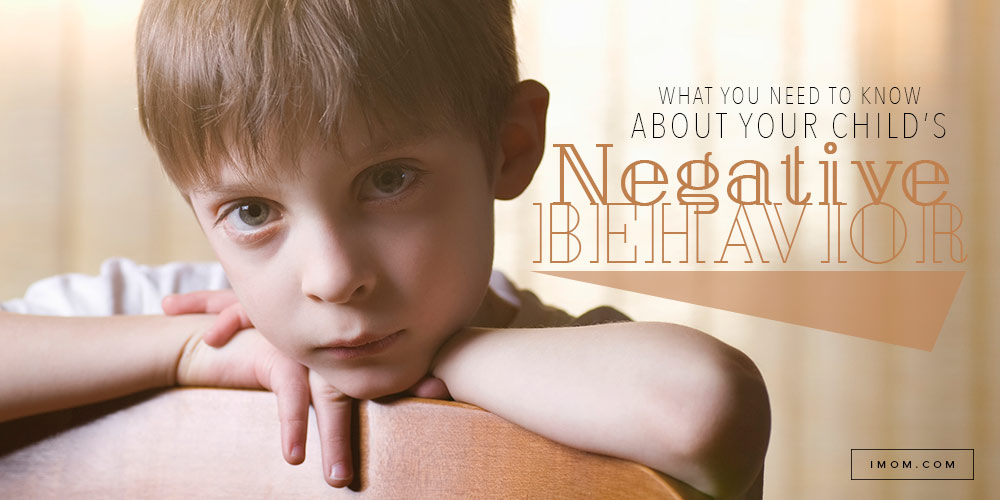As a parent coach, I once worked with a mom who was troubled by her daughters’ sibling rivalry. She saw her older daughter as a bully instead of the loving mentor she should be. I encouraged this mom to tell me about each of her girls as individuals. As mom described her oldest—how precocious, curious, and fun-loving she was—she realized the expectations she had for this three-year-old were too high. She decided it wasn’t fair to expect her little girl to act as guide and protector for her infant sister. Mom’s perception changed, and over the course of a couple months, the rivalry between her girls subsided and the parental discipline issues dissolved.
Sometimes what we think is a parental discipline issue is really a perspective issue. Instead of looking for ways to punish or apply consequences, we need to consider how our own approach to an issue might be contributing to the problem. Here are a few questions to ask yourself the next time you consider how to discipline your child.
1. Are my expectations aligned with my child’s ability and maturity level?
Like the mom in the introduction, perhaps your expectations of your child are inappropriate for their age or ability. We want our kids to help around the house, but we don’t expect a four-year-old to vacuum the house and cook dinner. Anytime you have an ongoing issue of disobedience or non-compliance, consider if your expectations are too high. Most kids genuinely want to please their parents. If they often fall short of the mark, it may be that your standards are too high. Set your kids up for success with tasks that challenge them, but don’t overwhelm their abilities.
2. Am I trying to control an uncontrollable situation?
We all like to feel powerful. We want to believe we can control our kids’ friendships, faith, academic success or the formation of their values. But one of the most challenging (and rewarding!) lessons of parenthood is letting go and allowing our kids to grow in independence, to make mistakes and grow resilient through experience. I can tell my son the best way to clean the microwave, but I guarantee the next time oatmeal overflows inside that box, he’ll be making all sorts of messes figuring out the best way for him to clean it. I need to close my mouth and let him do it his own way. He doesn’t need discipline, he needs space to sort things out on his own.
3. Do I have something to gain by this friction?
We hate to admit it, but sometimes we parents create drama. We want our kids to make friends. That is until they begin to choose those friends over us. We’re proud of them when they show initiative, except when it feels like they are challenging our authority. Our feelings get hurt, our egos bruised, and we balk when our kids find new, even better, ways to do things. If you continually butt heads with your child, could it be that your expectations of them are actually too low? Are they ready to spread their wings and fly, but they can’t get off the ground because you’ve tied a leash to their leg? Watching our kids move away from us can cause pain and anxiety for parents, but it is healthy, appropriate, and essential to their ultimate success.
4. How can I address my own needs in this situation?
Sometimes we want to discipline our children because their behavior brings up uncomfortable feelings in us. When my kids were six we moved to a new home, and during the home buying process, I felt anxious and uneasy. I was less patient and more fragile around my kids. It wasn’t their fault—they were behaving like normal six-year-olds. But I realized that this move reminded me of a tumultuous time in my own childhood when I was six, and my fear around what happened to me surfaced in new ways as I parented my kids at that same age. Anytime you feel chronically overwhelmed, easily angered or anxious when it comes to your parenting, consider how you can better care for yourself. Parents are people too and we need to address our negative feelings. Ideally, we do that in ways that model healthy coping techniques to our kids.
Help Dad with disciplining the kids by having him avoid these 5 strategies.
Tell us! What issues are you dealing with now that might benefit from a perspective shift?










